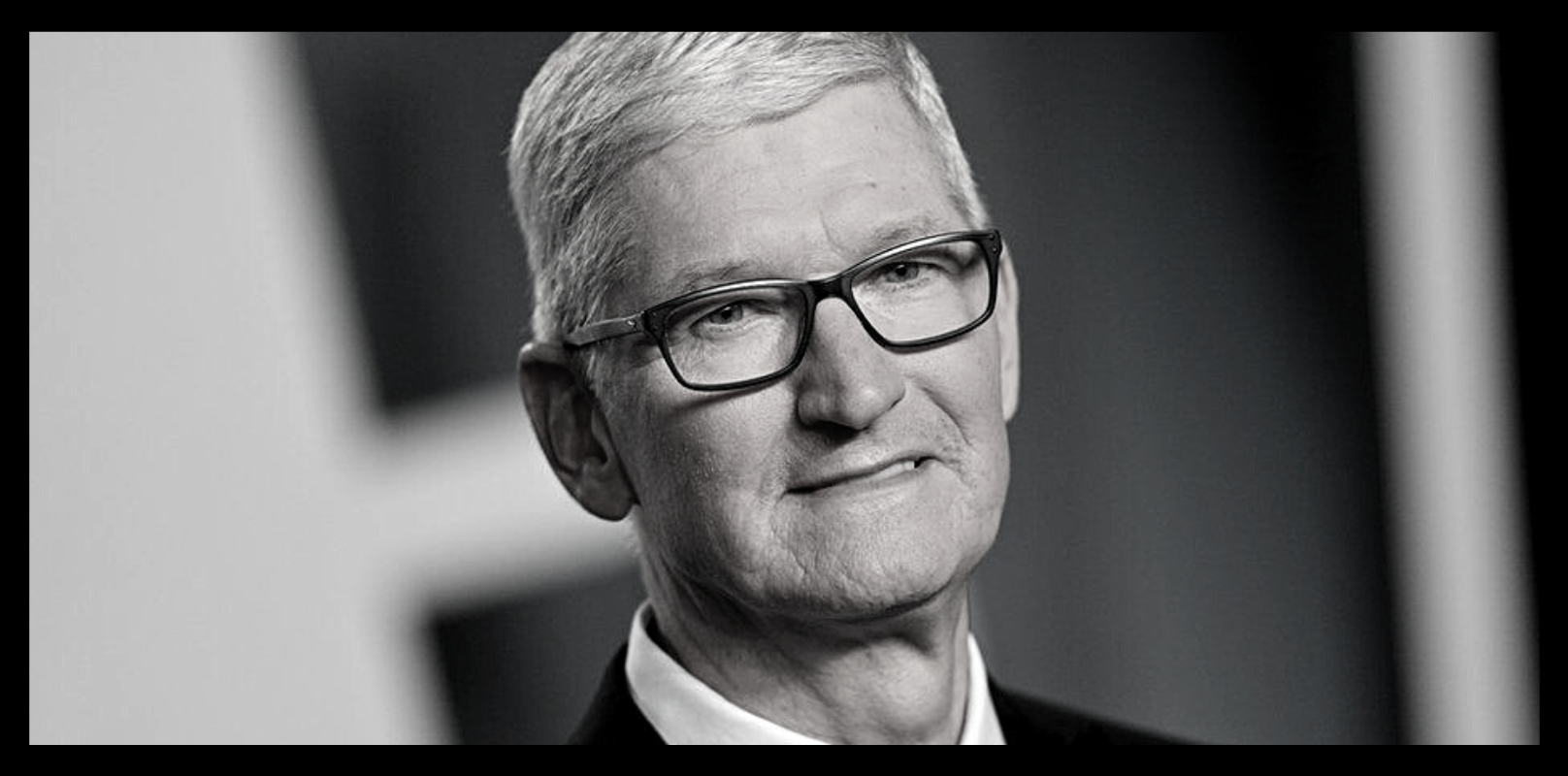UK LGBTQ+ History Month: Important Figures That Shaped Tech


It’s LGBTQ+ history month in the UK and what better way to celebrate than to round-up some of the most inspirational tech innovators from the community? When people think of some of the most famous LGBTQ+ people in tech, Tim Cook will spring to mind after the 2014 landmark moment when he published an essay for Bloomberg Businessweek in which he came out as gay, and other names such as Alan Turing who spearheaded the effort to crack the enigma machine. However, the tech industry is rich with revolutionary ideas and developments from pioneers that are part of the LGBTQ+ community.
Let’s take a look:
Tim Cook
“I’m proud to be gay, and I consider being gay among the greatest gifts God has given me,” he wrote in his open letter in Bloomberg in 2014.
Many will know his name as the CEO of Apple since 2011. Tim Cook joined Apple in 1998 where he moved through the ranks, serving as Chief Operating Officer directly under Steve Jobs before being named CEO. Many believe that he is one of the main reasons Apple was able to rise the way it has, even after losing market share to Microsoft in the early 90s.
Alan Turing
A code breaker during WW2, Alan Turing is widely seen as the father of artificial intelligence and computing. Throughout his time at Bletchley Pak he saved countless lives by cracking the Engima code machine.
After the war he went on to work on projects which can be considered early data and AI projects. However, Turing was prosecuted and convicted of “gross indecency” due to his homosexuality. He chose chemical castration instead of going to prison and died by suicide in 1954.
Sophie Wilson
Sophie Wilson is a British computer scientist who designed the Acorn Micro-computer and created the programming architecture for the original ARM chip. This innovation is the basis of the most widely used processor architecture in smartphones as well as being used widely in embedded systems.
She transitioned from male to female in 1994 and since then has been listed in Maximum PC as one of the most important women in tech history and was made Commander of the British Empire in 2019.
Sally Ride
The first LGBTQ+ astronaut, Sally Ride was also the first American woman in space. She joined NASA’s Astronaut Group 8 in 1978 to control the robotic arm on the 1983 STS-7 space shuttle, as well as assisting in launching satellites into space.
After she left NASA in 1987, she went on to advocate for getting girls and young women into STEM. She was also a central figure behind NASA’s EarthKAM project which allows 11-year-old students to use cameras on the International Space Station to take pictures of Earth from space.
With her lifelong dedication to helping girls and young women into STEM, she wrote seven books aimed at encouraging children to pursue tech roles.
John “Maddog” Hall
John ‘Maddog’ Hall began working for the Digital Equipment Corporation in the 90s and convinced Linus Torvalds (the creator of the Linux kernel), to use Alpha microprocessors for the Linux operating system, and helped in making the Linux kernel 64-bit and usable across different hardware.
He is now the board chairman for the Linux Professional institute and the president of Project Caua. Back in 2012 he came out to the world in an article he wrote for a Linux-focused publication. He wrote an open letter about Alan Turing.
Edie Windsor
Before Edie became a full-time LGTBQ+ right activist, she was a computer programmer at IBM in the early days of a heavily male-dominated field. She worked there for around 16 years, holding several roles in the company including a mainframe programmer and a senior systems programmer.
Her work in tech comes second for many, to her work as a gay activity. In 2009, when Windsor’s wife died she found out that US law didn’t recognise same-sex couples as “spouses”. This mean that she had to pay taxes to inherit her wife’s estate. A court case later ruled in Windsor’s favour, which paved the way for court ruling that granted more equality for same-sex couples.
